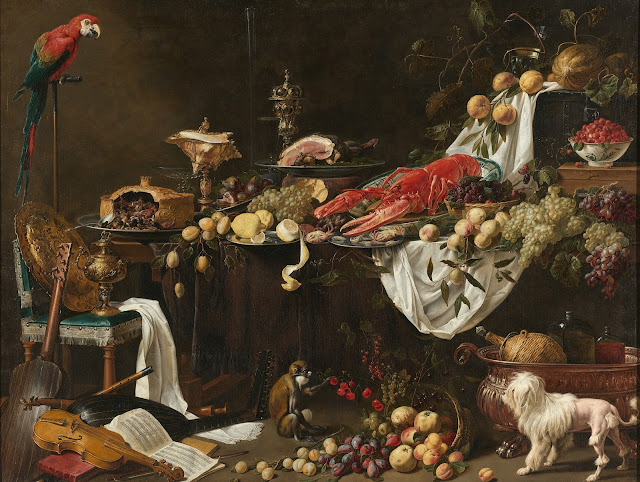A Baroque Music Listening Project
"Not Baroque Enough"
I have wanted to build a better understanding of Baroque music for a while. My forays into Baroque are limited to what I’ve played on my violin and listening to compositions I like. I don’t have a formal education in music or music history - so this seemed like a daunting task.
A casual question posed to my violin teacher set the ball rolling. I was working on some pieces from Baroque Violin Pieces Book 2 - and the consistent feedback I received was "It does not sound Baroque enough".
How does one learn to play in the Baroque style? And is there a single Baroque style? What about the differences in instruments then and what we have now?
My teacher’s answer was simple but effective.
"Listen more. Listen to different composers and see how they had their individual styles. Try to understand how that style changed from composer to composer".
This seemed like an approach that I could take up by myself with help from online and physical resources. Practicing your instrument is the first tactic, active listening is the second.
Would this meet my requirements? The only way to find out was to go through with it. How would I measure success without treating it too much like a scientific experiment? I jotted down a few points that would serve as guidelines
- Recognize a piece of music as being from the Baroque era by listening
- Listen to a piece of Baroque music and recognize which sub-era (e.g. early or middle Baroque) it belongs to
- Summarize the musical changes that happened over the era
- Recognize the instruments and their changes over the era
- Understand and talk about the different genres that flourished during the era
Creating the List
I started by making a list of notable composers of the Baroque era with their well-known works. There was a downside to this approach. It's easy to find lists of notable composers, but the process of adding lesser-known names seemed to be subjective. Top-10 lists of Baroque composers differ, overlapping only on Bach, Vivaldi, Handel, and some others. I settled on merging these lists as best as possible to come up with a final one.
Wikipedia has an exhaustive list of Baroque composers but there was no way to decide who to keep and who to remove. So I followed these sources to create an initial list of composers and compositions
- Jan Swafford’s The Vintage Guide to Classical Music. This lucid book has a list of notable compositions with composers by their era in the Appendix. I used it to create the first draft of the list.
- I looked at various top 10 and top 20 Baroque composer lists and added the ones missing from my initial list.
- I augmented the list of compositions with recommendations from The NPR Listener’s Encyclopedia of Classical Music (2006 Edition). This book, though informative, does not list a couple of composers at all.
I did not go about choosing the “best” recordings of a given composition - it did not seem to make sense at this stage. I would have to depend only on others' opinions here. The effort required to finalize a "best" list was disproportionate to my present goals.
The List
I’ve added Spotify links wherever available, and YouTube where not (or is more convenient) against each item. As I learn more and more about the period, this list might change.
Photo by Jean-Philippe Delberghe on Unsplash


Comments
Post a Comment